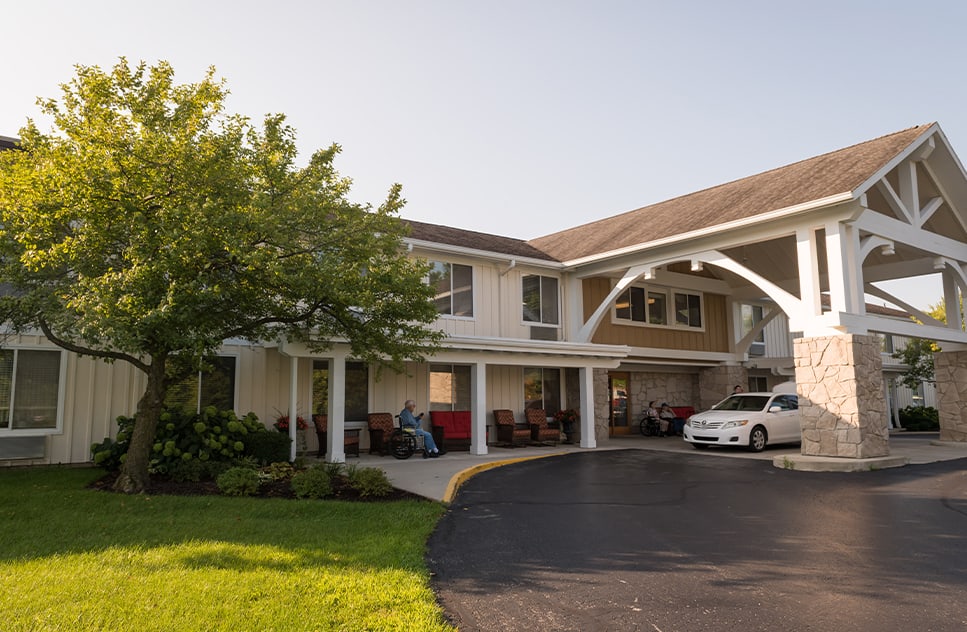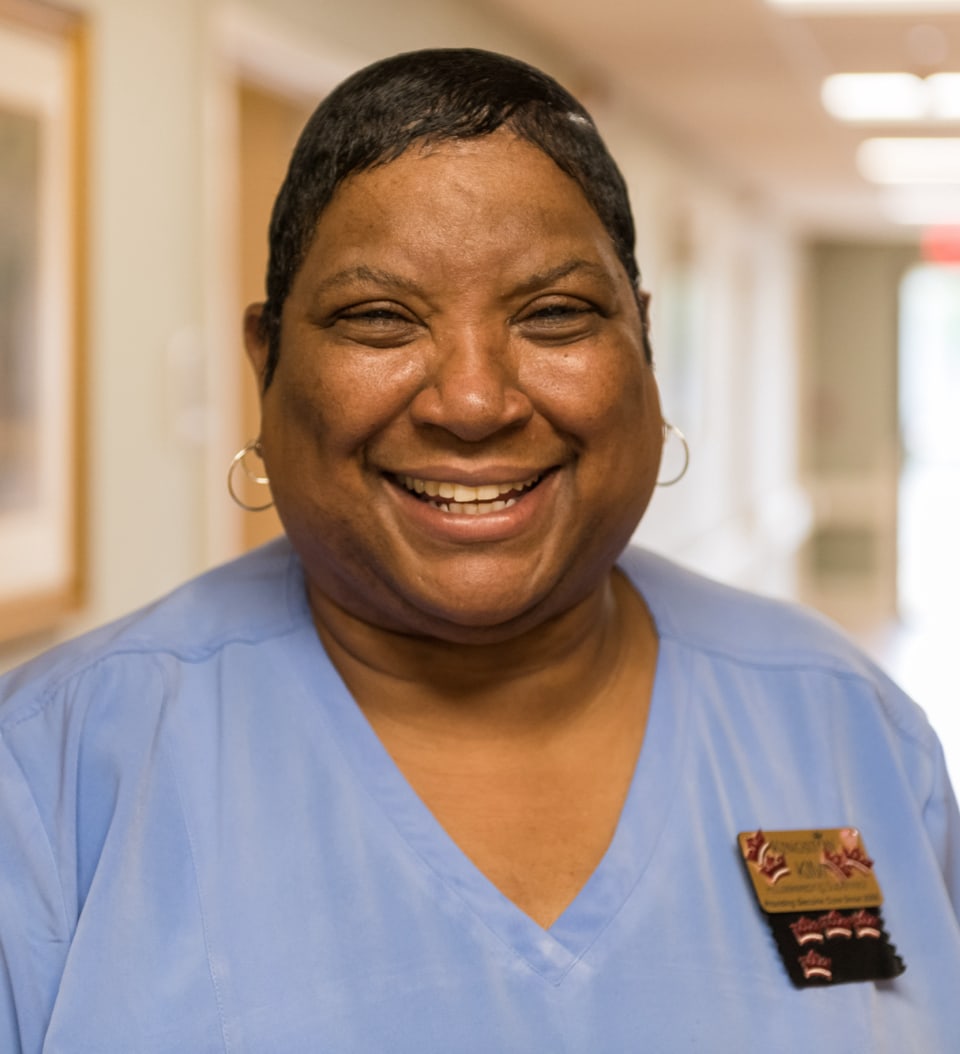Caring for and supporting your aging parents can come with a mix of emotions—love, concern, and, at times, uncertainty about how to proceed. Many adult children eventually face balancing their parents’ independence with their growing need for assistance. There isn’t a one-size-fits-all answer on how to find help for a senior mother and father, but a few great options exist, including:
- In-home care
- Adult day programs and short-term stays
- Independent living communities
- Assisted living communities
- Long-term options for advanced medical needs
Recognizing the signs that your senior mother or father may need help is a first step. Then, as a family, you can decide what care may suit everyone and provide the quality of life your parents deserve and want.
Recognizing When Your Parents Need Help
One of the toughest challenges many adult children face is identifying when to step in and provide help. Sometimes, the signs are subtle, but being proactive can make all the difference in ensuring your loved ones remain safe, comfortable, and supported.
Signs Your Parent May Need Assistance
Take note if you observe the following changes in behavior or daily living routines:
- Physical changes: Noticeable weight loss, frequent falls, or neglected personal hygiene
- Cognitive concerns: Forgetting appointments, getting lost, or exhibiting increased confusion
- Household neglect: Messy or unsanitary living spaces, spoiled food in the fridge, or bills left unpaid
- Social withdrawal: Reduced communication with friends or declining interest in activities
Different Types of Assistance for Your Senior Parents
When it comes to providing help, there isn’t a one-size-fits-all solution. Depending on your parent’s situation, they could require varying levels of care. Here’s a look at some common options to consider.
In-Home Care
In-home caregivers can provide personalized support for seniors who prefer to age in place. Services range from assistance with daily tasks like cooking and cleaning to medical care for chronic conditions.
Adult Day Programs & Short-Term Stays
Adult day programs in community centers or senior communities offering short-term stays (often called respite care) provide structured activities, meals, and social opportunities during the day. They’re an excellent option for seniors without full-time care needs and for families looking for respite on certain days of the week.
Independent Living Communities
Independent living communities are designed for active and self-sufficient seniors who enjoy the convenience of a supportive environment. These communities typically offer private residences alongside communal amenities such as dining areas, fitness centers, and social activities.
Assisted Living Communities
Assisted living offers a community environment where seniors receive help with daily tasks while enjoying their own private space. Programs often include meals, medication management, and recreational activities.
Long-Term Options for Advanced Medical Needs
If your parents have advanced medical needs requiring ongoing supervision, a community offering skilled nursing services can provide 24/7 medical assistance and personal care. And if your parents have Alzheimer’s or other forms of dementia, memory care communities offer specialized environments designed to keep them safe while retaining dignity.

Starting the Conversation About Senior Care
Discussing care options with a parent can feel daunting, especially if they value their independence.
Start Early
Don’t wait for a crisis. Begin the conversation when you notice concerns, framing it as a proactive approach to maintain their well-being.
Ask Open-Ended Questions
Instead of telling them what they need, ask questions like, “What would make daily life easier for you?” or “How do you feel about getting extra support at home?”
Highlight Their Autonomy
Reassure them that they’ll have input in all major decisions and that the goal is to build a plan with them, not for them.
Show Empathy
Acknowledging their emotions—fear, hesitation, or even resistance—can help build trust and understanding.
Talk About Benefits
Frame the discussion positively, focusing on how added help can improve their day-to-day life and provide peace of mind for everyone involved.
Available Financial Resources
Many families find the financial aspect of life most challenging, so it is essential to know what support is available.
Long-Term Care Insurance
Policies that help cover care services, including in-home caregiving and assisted living. Check if your parents have a policy in place. Medicare might cover short-term skilled nursing care after a significant medical event. Medicaid may help with long-term placements, depending on income eligibility.
Veteran Benefits
If your parent is a veteran, they may qualify for financial support for senior care through the VA.
Seeking Cost-Effective Alternatives
Local community groups often offer free or low-cost programs tailored to older adults, such as meal delivery or transportation assistance.
Organizations & Services That Can Help
Here are some key resources for your planning efforts.
- Meals on Wheels provides nutritious food delivery across many communities
- Area Agencies on Aging (AAA) connect families with local support services, including transportation, home modifications, and more
- Caregiver Action Network (CAN) offers guidance and support for family caregivers
- ElderCare Locator helps families find available senior services in their area
Whether you need immediate help or long-term guidance, these organizations are excellent starting points.
Planning for Peace of Mind
Finding help for your senior mother or father may feel overwhelming at first, but following the steps outlined here can bring clarity and confidence to the process. Remember, it’s about ensuring they’re supported with care and dignity while preserving the best possible quality of life.
If you’re ready to start this important journey and explore additional resources, reach out to our team at Kingston Residence of Fort Wayne. We’re happy to answer your questions and explore the ways that our community can provide for your parents’ evolving needs.






